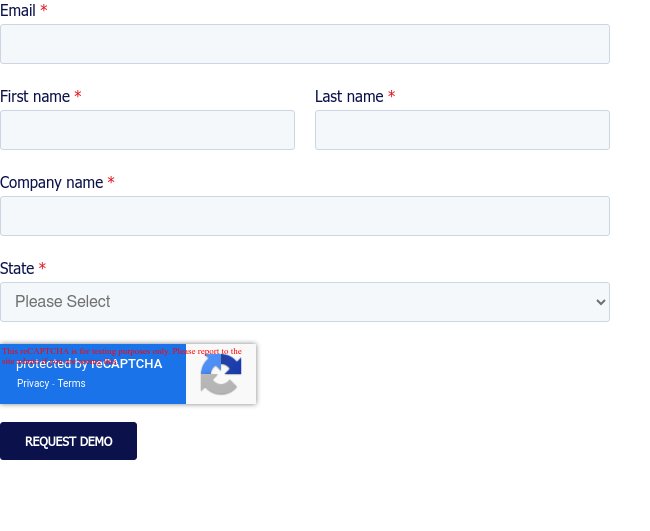Louisiana Chapter 68 - Adult Residential Care Minimum Standards: Medication Administration (§6843)
Adult residential care facilities play a vital role in ensuring the well-being and safety of individuals who require assistance with their daily activities. In Louisiana, these facilities are regulated by Chapter 68, which outlines the minimum standards that must be adhered to, ensuring a high standard of care for residents. One crucial aspect covered in this chapter is Medication Administration, as specified in §6843. In this blog post, we will explore the key points outlined in this section, emphasizing the importance of proper medication management in adult residential care settings.
- Importance of Medication Administration: Proper medication administration is fundamental to the health and safety of residents in adult residential care facilities. Residents often rely on medications to manage various health conditions, and accurate administration is essential to ensure their well-being.
- Training and Qualifications: Louisiana Chapter 68 emphasizes the requirement for staff members involved in medication administration to receive appropriate training. Staff must be knowledgeable about various medications, their side effects, and the correct methods of administration. Additionally, facilities must ensure that medication administration personnel are qualified and competent to handle this responsibility.
- Medication Storage and Documentation: The chapter outlines specific guidelines for medication storage, emphasizing the importance of keeping medications secure, properly labeled, and stored at the correct temperature. Detailed documentation of medications administered, including dosage, time, and the resident's response, is mandatory. This documentation not only ensures accountability but also serves as a crucial reference for healthcare providers and caregivers.
- Residents' Involvement and Informed Consent: Respecting residents' autonomy and involving them in their medication management is a key aspect of Louisiana's regulations. Facilities must obtain informed consent from residents or their legal representatives regarding medication administration. Residents have the right to understand their medications, potential side effects, and any alternatives available.
- Preventing Medication Errors: Louisiana Chapter 68 places a strong emphasis on preventing medication errors. Facilities are required to establish protocols to minimize the risk of mistakes during administration. Regular staff training, clear communication, and double-checking procedures are essential in reducing the likelihood of errors.
- Monitoring and Oversight: To ensure compliance with §6843, adult residential care facilities are subject to regular monitoring and oversight. State agencies conduct inspections to assess adherence to medication administration standards, providing an additional layer of accountability.
Medication administration, as outlined in Louisiana Chapter 68, is a critical aspect of providing safe and compassionate care in adult residential facilities. By adhering to the regulations specified in §6843, these facilities uphold the well-being and dignity of their residents. Proper training, meticulous documentation, resident involvement, and error prevention strategies are essential components of effective medication management. By following these guidelines, adult residential care facilities can create a secure environment where residents receive the medication assistance they need, promoting their overall health and quality of life.
For more information on how ECP can help you stay compliant in Louisiana, fill out the form below.
Note - The information provided on this website does not, and is not intended to, constitute legal advice; instead, all information, content, and materials available on this site are for general informational purposes only. ECP makes no warranties as to the accuracy of this content and does not commit to updating it as regulations change. Readers of this website should contact their attorney to obtain advice with respect to any particular legal or compliance matter.


